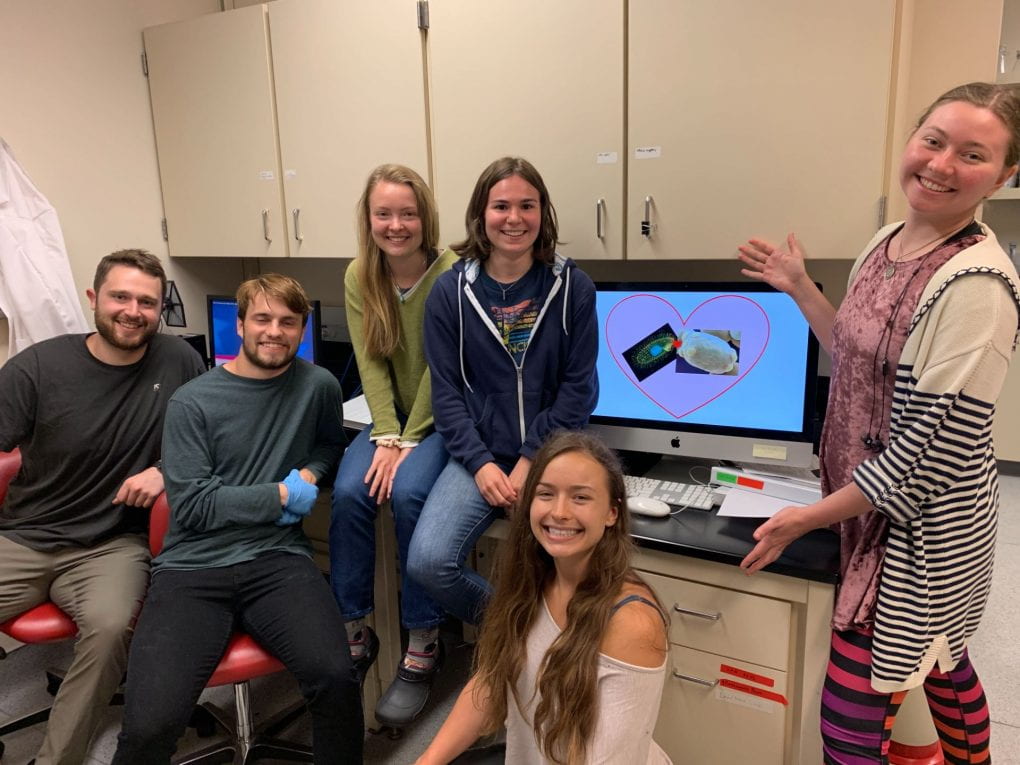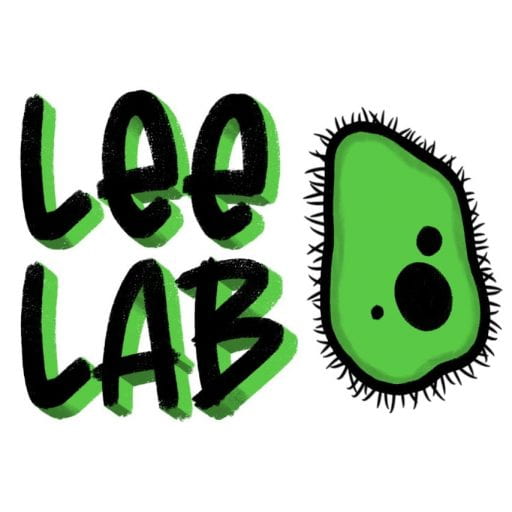Welcome to the Lee Lab!

A fascinating discovery in the early 2000s was that many more regions of eukaryotic genomes are expressed than previously thought, producing a variety of RNAs whose functions, if any, are unclear. Current research in the Lee Lab is focused on understanding the biological impacts of these mysterious RNAs, with the broad goal of elucidating the underlying molecular mechanisms that govern RNA production, function, and degradation to maintain optimal cellular health. Key questions that intrigue us include: What are the molecular mechanisms that control the expression of non-protein coding and non-functional RNAs? What are the biological functions of uncharacterized non-protein coding RNAs? What happens to a cell if pathways normally responsible for processing or degrading these RNAs are disrupted? How are messenger RNAs, non-coding RNAs, and non-functional RNAs distinguished from one another?
To address these and other questions, we employ the tools of biochemistry, molecular biology, bioinformatics, microscopy, cell biology, and reverse genetics, using the ciliate Tetrahymena thermophila as our model organism.
The Lee Lab is located in Biology Department of the College of Science and Engineering at Western Washington University.
The Lee Lab website was created by undergraduate Maya Matsumoto.



